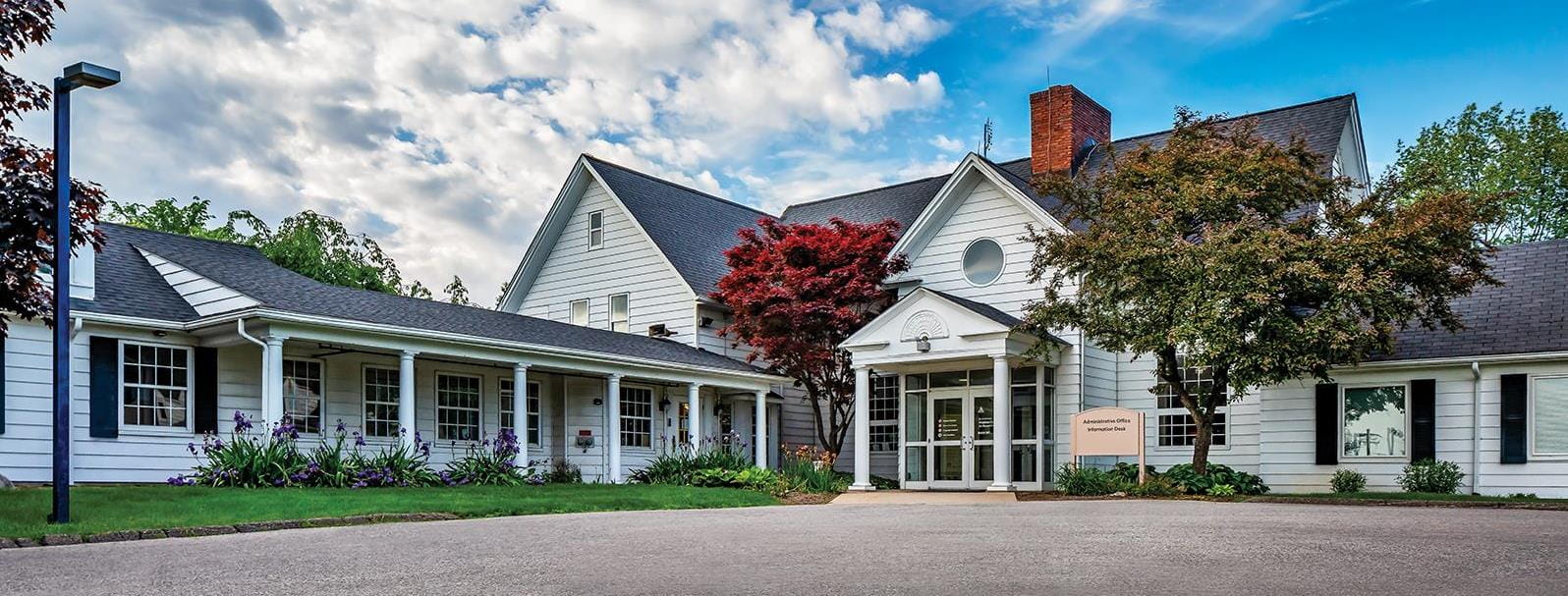
Locations
Ascension Brighton Center for Recovery
Hours
Open 24 hours a day, 7 days a week
Book an Appointment
What type of appointment would you like to book?
Signs of substance use disorders
Ascension Brighton Center for Recovery is here to help educate family, friends and employers about the signs and symptoms of substance use disorders.
-
What are the physical symptoms of an alcohol and substance use disorder?
- Bloodshot eyes
- Pupils larger or smaller than usual
- Changes in appetite or sleep patterns
- Deterioration of physical appearance or personal grooming habits
- Runny nose or sniffling
- Sudden weight loss or weight gain
- Tremors, slurred speech or impaired coordination
- Unusual odors on breath, body, or clothing
- Observation of the person drinking alcohol and/or taking depressants, inhalants, hallucinogens, heroin, fentanyl or stimulants.
-
What are the behavioral signs of an alcohol and substance use disorder?
- Frequent emotional crises, arguments, violent outbursts, embarrassing behaviors and personality changes
- Difficulties in one's relationships (withdrawal from the family, extramarital affairs, sexual problems, separation or divorce)
- Engaging in secretive or suspicious behaviors
- Frequently getting into legal trouble, including fights, accidents, theft and driving under the influence
- Unexplained absences and neglecting responsibilities at work, school, or home, including one's children
- Poor or suspicious behavior excused by close family and friends
- Noticeable signs of becoming personally isolated; sudden change in friends, hobbies and hangout locations
- Children of the individual displaying abnormal illegal or antisocial behavior
- Unexplained need for money or other financial problems; may borrow or steal money
- Using drugs under dangerous conditions (while driving, using dirty needles, having unprotected sex)
- Increased drug tolerance (the need to use more of the drug to experience the same effects one used to achieve with smaller amounts)
- Misusing drugs to avoid or relieve withdrawal symptoms (nausea, restlessness, insomnia, depression, sweating, shaking or anxiety)
- Loss of control over drug misuse (using more than intended, unable to stop, excessive drug prescriptions for self or family)
- Life revolves around drug use (always thinking of using, figuring out how to get more or recovering from use)
- Continuing to use regardless of negative consequences (blackouts, infections, mood swings, depression or paranoia)
Contributing source: https://www.ihs.gov/asap/familyfriends/warningsignsdrug/
